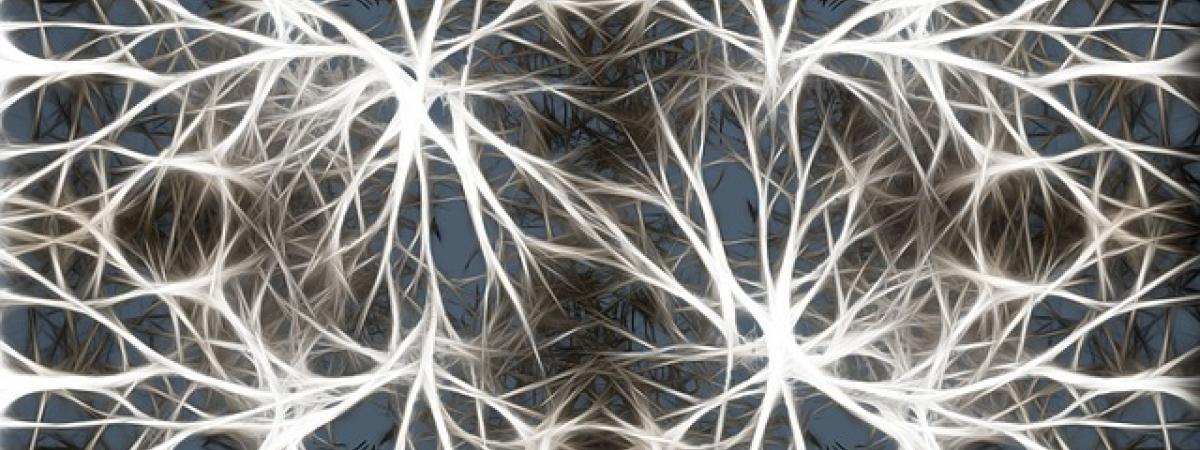All you need to know about your pituitary gland
published in Reader's Digest,
18 September 2016

What’s the strange pea-like gland hanging below your brain? It’s involved in everything from puberty to blood pressure and when it goes wrong, some strange symptoms can result.
Chain of command
The pituitary works in a similar way to a commanding officer in the army, who gives orders to those soldiers directly below him and receives orders from those above. In the case of the pituitary, it’s not soldiers who are giving and receiving orders, but hormones.
Hormones further down the chain of command feed back information to the pituitary, telling it to change its hormone production - just as reconnaissance troops gather intelligence and bring it back to their superior.
Giving orders
According to Dr Johannes Veldhuis of the Mayo Clinic, Minnesota, the pituitary gives orders in the body relating to “puberty, reproduction, stress-adaptive responses, sodium and water balance, uterine contractions, lactation, thyroid function, growth, body composition and skin pigmentation”. Such an authoritative role has earned the pituitary the title of ‘master control gland’ in the body.
Such an authoritative role has earned the pituitary the title of ‘master control gland’ in the body.
It exerts its control by releasing nine important hormones: four tell other organs (the thyroid, the adrenal glands, the ovaries and the testes) to produce their own hormones, four other hormones act directly on body organs (the mammary glands in the breast, the skin, the kidneys, the uterus and male sex organs) and one (growth hormone) acts on nearly every tissue in the body.
Receiving orders
The pituitary is connected to a part of the brain called the hypothalamus by a small stalk. Your hypothalamus is essential for functions such as wakefulness, hunger and control of body temperature: it also sends hormone and electrical signals to the pituitary, controlling pituitary hormone production. Think of the hypothalamus as the army general.
Orders also come from hormones which themselves were stimulated to be produced by the pituitary in a type of feedback. One example is oestrogen from the ovary, caused to be produced by pituitary hormones and then travelling back to the pituitary to increase or decrease its hormone production.
Besides hormones, alcohol can also regulate your pituitary! When you’ve drunk too much, alcohol can cause the pituitary to produce less of a hormone that reduces urine production at the kidneys. That’s why you need to pee a lot after a night of drinking.
That’s why you need to pee a lot after a night of drinking.
Ignoring orders
Sometimes the pituitary over- or underproduces its hormones, perhaps as a result of a head injury or a pituitary tumour, but often for no known reason. Diagnosis is very difficult because the symptoms can be so varied (owing to the many hormones produced by the pituitary).
The opera singer Russell Watson experienced daily headaches and blurred vision when he had a pituitary tumour; my friend Frank experienced sleep disturbances and enlargement of parts of his face and hands. Other symptoms can include weight gain, irregular periods, fatigue and erectile dysfunction.
If your pituitary needs removing, you may need to take hormone tablets and injections to replace the hormones that your body no longer makes. Russell Watson acknowledges that he “wouldn’t last 24 hours without his medication”, though with his cocktail of pills he is back to his best. Your pituitary may be the size of a pea, but it’s precious.
